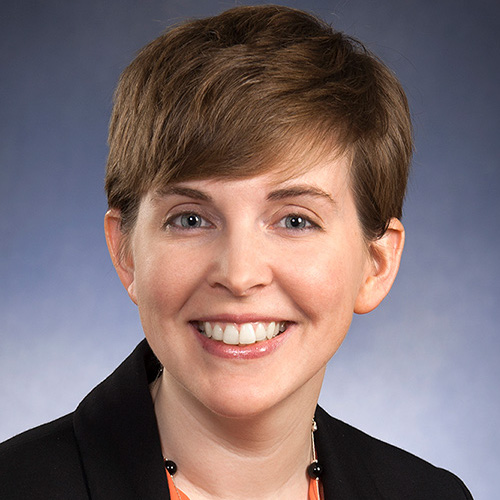4 minutes
If you build it, they will come.
Also read “Non-Citizen Lending? Not a Problem (Part 1).”
Wakota Federal Credit Union, South St. Paul, Minn., started its non-citizen lending program in July of 2016 through Filene Research Institute’s Reaching Minority Households Incubator.
“Our field of membership has been growing in diversity for years now,” says Amanda Kissner, the $26 million CU’s director of community affairs. This is certainly true of the greater Twin Cities area. From 2000 to 2010, immigration accounted for over 35 percent of the population increase in Minneapolis.
Minnesota was home to more than 400,000 immigrants in 2013, according to the U.S. Census Bureau, and about half are not U.S. citizens. Almost 5 percent of the state’s population is Latino, while another 4.3 percent is Asian.
Before working with Filene, Wakota FCU was already serving the underbanked Hispanic population. “We were exploring the process of growing our indirect dealer program and noticed many of the local dealers were Spanish-speaking or primarily serving the Hispanic market,” Kissner explains. Once they started exploring this group’s financial needs, the CU recognized the demand for a non-citizen lending program.
At the time, “there weren’t many credit unions in our area offering such services and products,” says Kissner. The CU has since begun offering most of its consumer loan products to non-citizen members, including debt consolidation and signature loans in addition to auto loans.
Near Wakota FCU’s main office is near the District del Sol, a strong, longstanding Latino neighborhood without a credit union presence. “We didn’t directly see the demand prior to launching this program,” recalls Kissner, “but once we opened our doors to assisting non-citizens, we have seen an increased demand and involvement from that community.”
Wakota FCU is one of 13 selected testers of Filene’s non-citizen lending program, offered through the Reaching Minority Households Incubator. Filene provides testers with communication and media support, as well as modest financial support to help limit cost as a barrier, according to Filene’s Incubator Director Adam Lee. The institute has also connected testers like Wakota FCU with other CUs across the nation with similar initiatives—including program originator $103 million Point West Credit Union, Portland, Ore.—to share best practices and implementation strategies. (Read more about Point West CU in this article.)
“We reviewed and revised our lending policies and guidelines,” Kissner explains. “We educated staff on individual taxpayer identification number and international ID processes. And we partnered with dealers serving the Hispanic market to bring awareness to that community.”
Additionally, Wakota FCU provides financial education and credit-building tools to help all members to have access to low rates.
The CU hasn’t placed much emphasis on external marketing, as its dealer partners and word-of-mouth in communities like District del Sol have been enough to attract new non-citizen members.
“However, we have been working on hiring more bilingual staff,” notes Kissner. The CU is also translating its print and online materials to Spanish and advertising in the local Spanish language newspaper.
Filene program lead Point West CU continues to spread the word about its program through community partners and also expects successful borrowers will generate interest via word-of-mouth. It seems to be working.
“Of the over 2,000 loans worth over $30 million we originated in 2016, more than 450 of those loans were to non-citizens, for a total of more than $5.4 million,” says VP/Member Experience Steve Pagenstacher.
The larger group of testers at Filene are also starting to show positive outcomes, Lee says. “In total, the 10 reporting credit unions have issued 750 loans totaling $8.9 million.” They will continue to share data throughout 2017, and Filene will aggregate and publish a report summarizing key findings in 2018.
Each tester, regardless of size, is committed to do its best to offer the program to at least 200 members to provide a broad set of data points, Lee adds. “Hopefully we will see really interesting results regarding the types of loans, the volume, the difference between some of the testers.”
While noting that there’s always room for improvement, Pagenstacher is proud of the work his CU has done. “To provide that many affordable loans to those that may otherwise be shut out of our market or forced toward predatory options is definitely a success in our book.”
Danielle Dyer is CUES’ assistant editor.






